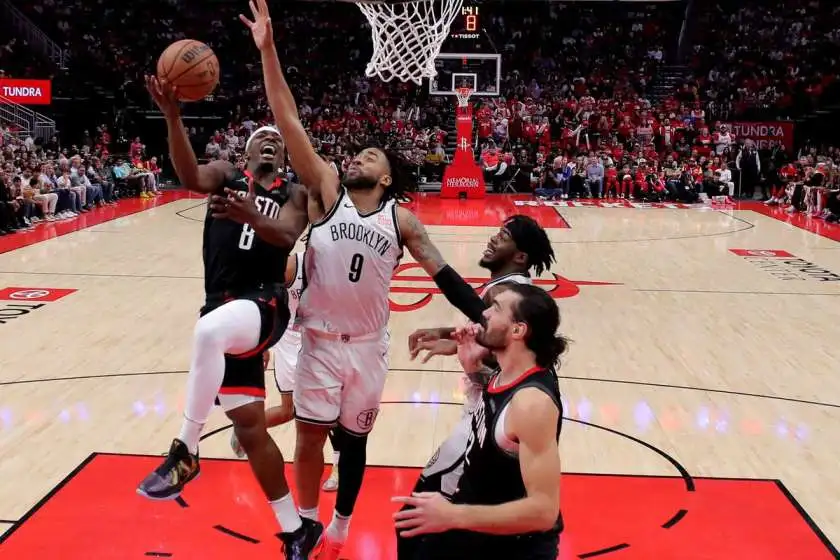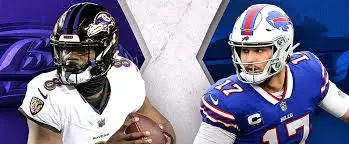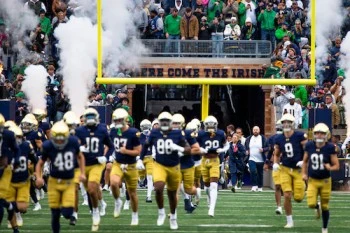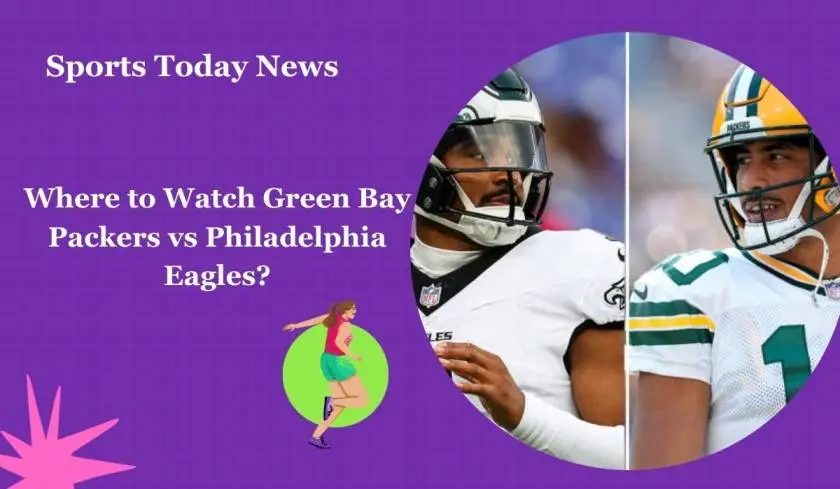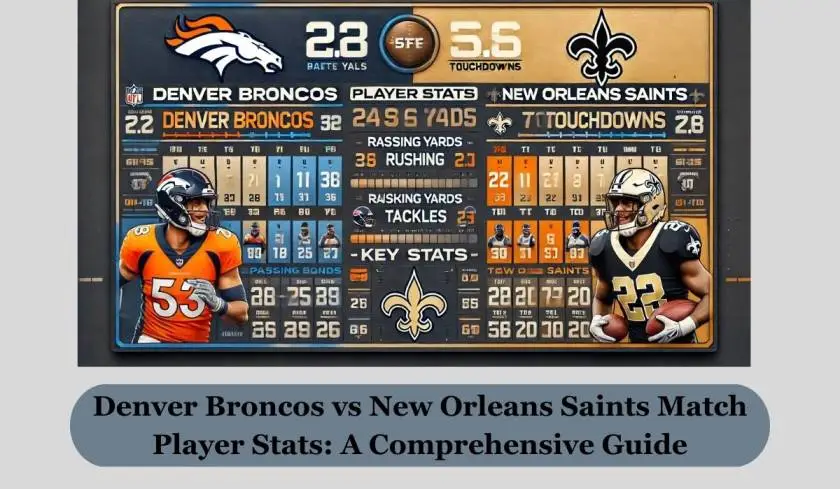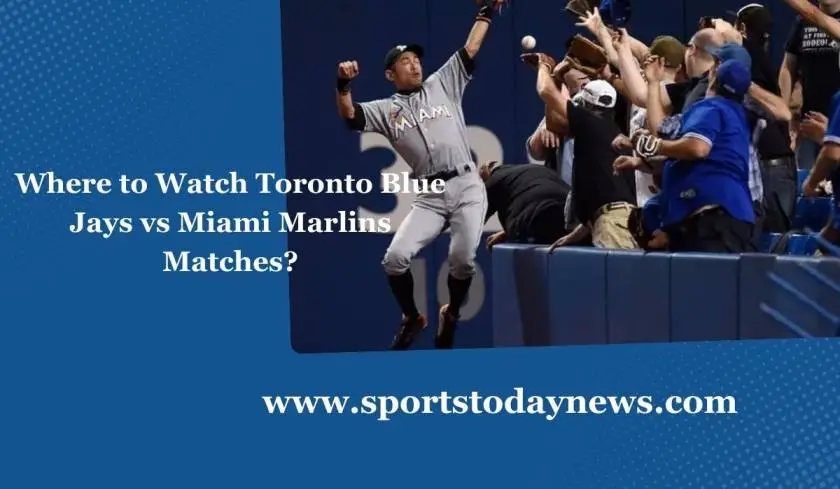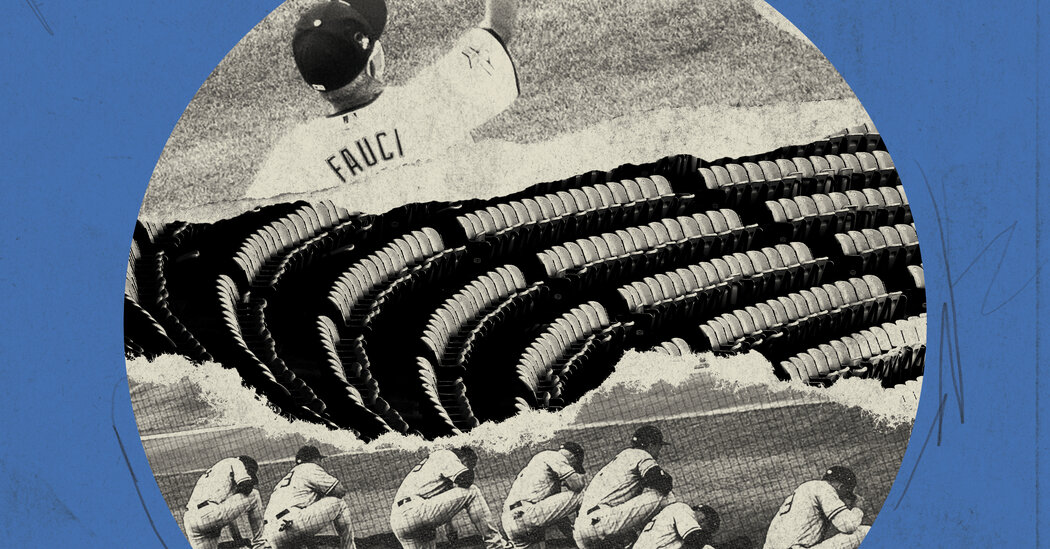
Looking Back on Baseball’s Silent Season
Two words that have been on my mind constantly these recent months are “room tone.” Room tone is the sound a space makes when there is no other sound but the sound of the space itself. The subtle sounds in a high-ceilinged room with brick walls and wide windows are different from those of a small room with wood-paneled walls and narrow windows, or those of the upper deck of a completely empty stadium, or those of the lower deck of a completely empty stadium.
Every space has a tone; every space speaks. Capturing room tone is essential for film and television production. After a scene of dialogue, someone on set asks for silence so that the room tone can be recorded. This sound becomes the baseline atmosphere of the scene and is mixed into it in order to create a sonic commonality, a unified field. When room tone is lost, things seem less real; an unacknowledged or unrecognized intrusion interrupts the smoothness of life. When we stop and heed room tone, we cede the primacy of our voices to the sound of the space we inhabit. We often need what we don’t know we need. And silence is no exception. Silence invites the room tone from the background to the foreground. It emerges like the sun from behind a cloud, bringing with it a sense of contiguous reality that smooths over the gaps.
This is not always pleasant. When Macbeth’s chief servant, Seyton, returns from investigating a scream heard offstage, all he says is, “The Queen, my lord, is dead.” That’s it. After all the talking, scheming and speeches — all the sound and fury — what is left for Macbeth is the silence of that other space, and the simple truth of words, borne by his faithful lieutenant who has five lines in the entire play, this one being his last.
Baseball’s empty stadiums bear a similar, heavy truth. By design, the game has always been as much about a spectator’s privilege to enjoy a few hours outside watching a ballgame played in a garden as about the doings on the field. During the season, many players said something to the effect that once they’re between the lines, the game is still the same game. But is the game really the same game without onlookers? Soccer and basketball reveal things in that televised silence: how players talk to one another. Baseball players, on the other hand, communicate in coded signals, in the seclusion of the dugout, the webbing of a glove covering the mouth, a make-do face mask.
How does a sport with so many pauses in it make sense when those pauses reveal a vacuum, or worse, artificial noise? After all, an empty seat this year isn’t simply the consequence of public health precautions. An empty seat is a consequence of mass death and the threat of mass death. And every single death within that mass death is isolated and horrible. This is what that emptiness means. And this was the room tone of the 2020 Major League Baseball season.
A familiar voice from an unfamiliar number left me a message: “I understand that you wanted to talk to me about baseball during Covid-19. Give me a call.” I gave him a call. “You never really get the full impact of what it means to have an empty stadium except when you’re sitting there,” Dr. Anthony S. Fauci said. On July 23, he threw out the ceremonial first pitch of the first game of the baseball season. The Yankees were in town to play his favorite team, the Washington Nationals, last year’s World Series champions.
Under normal circumstances, it would have been an affair of pomp and circumstance for the team and the fans, especially superfans like Fauci. But 2020 is playing out in far from normal circumstances. When last seen in action, Nationals Park brimmed with 42,000 noisy fans. Now, on a day that threatened rain, there were three: Fauci, his wife and a friend.
“We’re looking around, and we’re the only people in the stands,” he told me. “It was so so extraordinarily unusual … almost eerie.”
The game was called after six innings because of rain, with the Nationals losing to the Yankees. Juan Soto, Washington’s star, wasn’t there — he’d tested positive for Covid-19 — and the rest of the 2020 season wouldn’t be any kinder to the Nationals. They finished dead last in their division, and didn’t play a single game before their fans as the reigning champions. As I write this sentence, enough Americans have died of the novel coronavirus to fill Nationals Park five times over.
Fauci’s pitch that day was the most important pitch of the 2020 season. But the less said about the pitch itself, the better: He reared back to throw the ball toward home and ended up looking instead as if he’d just blown his nose with his right hand and was trying to put the tissue into his left pocket. All the same, Topps made a baseball card commemorating the moment, and it set an all-time print run record: Over 50,000 people have bought the limited-edition card. Decked out in a white Nationals jersey and red World Champions mask, a dark glove with snazzy orange highlights on his left hand as the ball floats above his extended right arm, Fauci’s eyes following the ball’s ill-fated spin — it’s actually quite a beautiful shot.
“You always hear these stories about politicians,” Brent Colburn, another committed Nationals fan, said to me. “You’ve heard this about a number of presidents who get invited to throw the first pitch, and they carve time out of their schedule to go back out at the White House or wherever and practice.” Colburn is the vice president for communication and public affairs at Princeton, where I teach, and a veteran of many a presidential campaign.
Fauci’s damp squib of a first pitch was easy fodder for cheap jokes and facile symbolism: He is, after all, the face — the scientific face, at least — of America’s coronavirus response. Colburn wasn’t having any of it: “It gives me confidence that Dr. Fauci hasn’t been spending time working on his pitching,” he said. “The last thing I want is Anthony Fauci practicing his fastball.”
The Nationals suffered a slow start, just like last year, which began 19-31, putting their chances of winning the World Series at 1.5 percent. But they didn’t defy the odds; they defiled them. Through one dramatic win after another in the playoffs and a final defeat of the villainous and despised Houston Astros (truly a nihilist’s fever dream of a baseball team), the Nationals reminded the country of baseball’s ability to captivate the imagination by hitting those fabled American grace notes of perseverance, resilience and beating the odds in order to rise above their presumed station. From the last pitch of last October, Nationals fans waited to pack the stadium and see something that their franchise — which has been in Washington since 2005, after spending its first 35 years as the Montreal Expos — had never seen: a World Series ceremony in their stadium. It wasn’t to be.
“I would say between 2005 and this year, I made at least 75 percent of their home openers,” Colburn said. Yet this year, he added, “is so much less important than most things that people are dealing with right now. But it reminds you why people default to sports metaphors all the time. It’s just an easier way to express these things. There’s something kind of clean about sports, or easy to understand.” Colburn continued: “The contrast of what an opening day would’ve looked like this year versus what it does look like this year kind of sums up a lot of what the country is going through in a bunch of different sectors and parts of the economy and parts of social and civic society and life.”
By the time Jacob Blake was shot multiple times in the back by a police officer in Kenosha, Wis., on Aug. 23, the summer had already been stuck in a wretched cycle: unchecked police violence, protests, police taking on the protesters, repeat. The world had drastically changed from when pitchers and catchers first reported to spring training in February. On the day Fauci took the field, the players and coaches on the Nationals and Yankees came out onto the field and took a knee (though not during the national anthem). On the back of the mound, front and center on the television screen, were visible three letters — not “M.L.B.,” but “B.L.M.” (although not for long: by the next game, the “B.L.M.” had been replaced by a sponsor: “P.N.C.”).
On Aug. 26, as tensions in Kenosha intensified with the appearance of armed white vigilantes from near and far, the players of the N.B.A.’s Milwaukee Bucks, sequestered in a bubble set up by the league in Orlando, had seen enough. They — along with the rest of the N.B.A. and the W.N.B.A. — refused to play. And, as afternoon turned to evening in Wisconsin, something unexpected happened: The Milwaukee Brewers also refused to play; their scheduled opponent, the Cincinnati Reds, went along with them in solidarity. The Seattle Mariners and San Diego Padres joined the protest; and then the Los Angeles Dodgers and the San Francisco Giants did the same. The Dodgers star Mookie Betts, who is Black, had told his teammates that playing just didn’t feel right for him but that they should do what they felt was right. These were the teams that refused to play baseball that evening: six out of 30. Matt Kemp of the Colorado Rockies, Jason Heyward of the Chicago Cubs and Dexter Fowler and Jack Flaherty of the St. Louis Cardinals sat out while their teammates played. If you checked the box scores afterward, it seemed like any other night of baseball when three games get rained out.
On Aug. 27, Major League Baseball rescheduled those three games as parts of doubleheaders to be played that day. The protest, like the B.L.M. sign on the mound in Washington, had come and gone. And the games, this time all of them, played on again in one empty ballpark after another.
When David Price was traded, along with Betts, from the Boston Red Sox to the Los Angeles Dodgers in February, his first thoughts weren’t about the Dodgers’ being one of the best teams in baseball. “I was like, ‘Man, this is Jackie Robinson!’ You know? I went to the team that broke the color barrier in baseball from the last team to have an African-American on their team.”
For Price, who won the World Series with Boston in 2018 and a Cy Young Award with the Tampa Bay Rays in 2012, the tradition of the Black ballplayer is not merely symbolic; it’s a legacy. “I fell in love with baseball and the Braves,” he said. “They had Dave Justice, Fred McGriff, Terry Pendleton, Andruw Jones, Marquis Grissom.”
He has more perspective now, at age 35, on where young players may feel they can and cannot take a stand in baseball. “The longer that I’ve done this, the more comfortable you feel, you know, speaking up. I mean, I know the way that I felt as a young guy in the league … you just don’t speak up. It’s … ” Price talks with thoughtful pauses. “You’re trying to get your footing under you on the field and take care of everything.”
He’s partnered with LeBron James (“a Top 5 human being ever,” Price told me), among others, to form More Than a Vote, a coalition of Black athletes and artists. The coalition has turned Dodgers Stadium into a voting center for the 2020 election.
But Price’s efforts for the Dodgers themselves will have to wait until the 2021 season. “I drove to L.A. on July 1, packed all my stuff, had my car, had a hotel rented for a month to get through spring training 2.0,” Price said. “I went to all the testing-training stuff, and then I woke up on the morning of the 3rd, and it was just another day of record highs for Covid and riots and everything that was really going on at the time, and I just told myself, ‘I need to be at home with my family.’” Price, who has a 3-year-old son and a 1-year-old daughter, thought about it. Then: “This isn’t the time for me to be playing baseball. This isn’t the time for me to be separated from our family.” On July 4, Price announced that he was opting out of the 2020 season.
He went through with me some of the challenges to a baseball player’s habits under the rules of conduct outlined for the 2020 season. “You know there’s no sunflower seeds in the dugout. I mean, that was like the rule!” He went on: “No smokeless tobacco, obviously. I mean, because that’s gonna require spitting … you’re not to spit on the dugout floor.”
I certainly saw players spitting on the dugout floor. “I mean, obviously, you’re still seeing guys spit, you still see high-fives … some teams take the air high-five or do the elbows or whatever they come up with, but you still see some teams high-fiving. It’s tough to get out of that stuff. I’m a big high-fiver, I’m a big hugger — when somebody does something real good, I wanna give you a big old hug.”
So, was this season worth playing in a pandemic?
“It’s got to be worth it to different people for different reasons,” Price told me. “You know, a lot of people are doing this because they think that if they opt out, they won’t be able to get a job in baseball next year, you know? Or that they need to go and collect this money because we’re in a pandemic — they don’t know how long it’s gonna last, and they don’t know how long their professional career will last. Like, guys have to make decisions, and I think that answer will be different for everybody, whether or not this season was worth it.”
I recalled Fauci’s telling me that “sports in general is such an important morale builder in so many different ways for different people.” I recalled his saying that “there would have been something symbolic” in baseball being “crushed by this pandemic, as opposed to ‘You can’t play the kind of season you’d like to play, but you’re still hanging in there.’ Sort of like almost just symbolically saying, ‘We’re still around.’ You know?” And I did know. Not about the pandemic, which I don’t pretend to know much at all about, but about symbols, my main trade; about these startlingly frank conversations, with their telling rises and dips of the voice, the pensive pauses, the occasional spouse or child in the background, the tone of generalization, the tone of deep reflection.
Symbols, of course, have their costs as well. Price’s ex-teammate and good friend Eduardo Rodríguez was his pick for the American League Cy Young Award this year. After a strong end to last season, “he was dominating” spring training this year, Price said. Then he tested positive for the coronavirus and finally tested negative two weeks later — and then, Price said, “they found out that it messed with his heart. He opted out because he couldn’t play anymore this year. And I just hope that it doesn’t linger into next year and affect the rest of his life.”
The 22-year-old Juan Soto was Washington’s best player this year. But he was nowhere near Nationals Park when Fauci set the season in motion with his pitch. The Nationals announced just before the game that Soto had tested positive for Covid. After missing the first seven games of the season following the diagnosis, Soto would recover and become the youngest player ever to win the National League batting title. His precocious, eye-opening talent left me wondering what it was like now for players even younger, who dream of making a name for themselves in the game.
Otis Brown III is a jazz drummer and a Blue Note recording artist. Both of his sons are serious players: “We’ve become a baseball family in every sense of the word,” Brown said through laughter. His younger son, Josiah, is rising up through the rigorous ranking systems and plays for the renowned baseball program of Delbarton School, a private all-boys Catholic school in Morristown, N.J. But this summer, instead of crisscrossing the country for tournaments and showcases, Brown trained at home in New Jersey. “I’m glad for this little window we had, a sense of normalcy and being able to see some baseball games,” his father said. “It’s meant a lot to us. And then, too, to be able to see baseball games in this time where players are speaking out about social issues.”
“Such a small portion of the league is African-American players, so I for one never thought that anything like Black Lives Matter or mentioning George Floyd’s name or things of that nature would ever make its way into Major League Baseball, and on the scale like it has now,” he continued. “You know, where players are like, ‘I’m not gonna play today,’ and their teammates are like, ‘OK, we’re not gonna play as a team.’”
“Mookie Betts speaking about it — he’s probably neck and neck with Trout for the best player in baseball — and him taking a knee in Major League Baseball was unbelievable to me,” Brown said. “I was just like, ‘I never thought I would see anything like this.’”
It’s October. The regular season came and went like a meek note squeezed out of an accordion. I watched games over these short summer months with great sadness. Eventually, I turned the volume off. The cardboard cutouts of fans in the seats behind home plate were strange enough without all the artificial fan noise being pumped through the broadcast with a cold relentlessness that only an algorithm could love. The game seemed diminished without an audience and without sound in a way that other sports simply do not. Everything about baseball that transcends baseball is connected to the crowd: The game’s most famous song is “Take Me Out to the Ballgame”; “Casey at the Bat” is about Mudville, not Casey; and the best poem on baseball is William Carlos Williams’s “The Crowd at the Ballgame”:
The crowd at the ball game
is moved uniformly
by a spirit of uselessness
which delights them —
One of baseball’s most iconic moments is one of stillness, when Lou Gehrig tells the crowd at Yankee Stadium how lucky he was to be standing before them, two years before A.L.S. would take his life. The glory of Jackie Robinson was that the crowd had to learn to behave itself, get over it and get on with watching him compete — the question was never whether he was good enough to play with whites; it was whether the whites could get their act together, be a little less racist and sit in a seat while a Black man played baseball. The game changed irrevocably when the crowd changed slightly.
And so, I ask you again: Is the game really the same game without people there to see the free and easy White Sox; the mad scientist Trevor Bauer; the living, breathing fun zone that is Fernando Tatis Jr.; the time bandit Nelson Cruz; the endlessly sequestered excellence of Mike Trout? What came of them?
In a typical season, the story would have been the Tampa Bay Rays in the World Series. They were a very good team from start to finish; they lived on the timely home run; they have a stable of fairly anonymous, interchangeable, hard-throwing pitchers; they had a rookie play out of his mind when it mattered most. Entering the playoffs, they had a record that made them one of the favorites, and the name on their jersey made them one of the underdogs. They are contemporary baseball excellence straight from central casting: the output of calculations from an office and grit from minor-league fields. They are exciting and dull. And they may have saved Major League Baseball from a nightmare scenario.
Because unlike the Nationals, the Houston Astros returned to the playoffs this year. They limped into the postseason with more losses than wins, taking advantage of the fact that the league expanded the playoff format from five teams per league to eight. Taking advantage has been the Astros’ M.O. over recent years: In January, Major League Baseball concluded an investigation that found Houston guilty of a sign-stealing scheme during the 2017 season in which the team ended up winning the World Series. No players were punished. Rumors persisted that the Astros continued to cheat well after the 2017 season, which they have denied. No one, aside from their fans, seemed interested in a redemption tour for a team that never sought redemption, a team that preened and snarled their way to an everlasting ignominy they had worked hard to earn. According to Sports Media Watch, Game 7 of the Astros-Rays A.L.C.S. was “easily the lowest rated and least watched Game 7 in M.L.B. history.”
When the Rays finally outlasted the Astros, and the Dodgers finally outlasted the Atlanta Braves, the stage was set for a final act of the longest shortest season ever, an East Coast versus West Coast battle, set in Arlington, Tex. — in front of a smattering of spectators allowed back into the stands. In the end, I didn’t only see them; I could hear them from time to time. As the ball soared up into the air after the thwack of the bat, I’d glimpse them and have to remind myself that they were there. By now I’d turned the volume back on, and sometimes I’d crank it up and listen for the crowd, those sounds betwixt and between the interspersed vacancies and momentary pauses of the game. Maybe, when the camerawork allowed, you, too, saw them on the television and were, as I was, both amazed by and scared for them.
Maybe you saw Mookie Betts make it all look so easy from oh so close.
Maybe you saw Tampa Bay’s radiant Cuban rookie Randy Arozarena in the flesh and realized you’d get to one day say, “I was there when … ”
I don’t know if this would make you lucky or unlucky. These are the times we live in. What is lucky and what is unlucky hangs in the air. We either catch it or we don’t.
Ali Smith begins her novel “Autumn” like so: “It was the worst of times, it was the worst of times. Again.”
And indeed, it is autumn again. One team won. One team lost. The story of baseball in 2020 has ended in Tampa and Los Angeles, but no baseball has been played in either city for a month.
Still, people will wait in lines outside Dodger Stadium and Tropicana Field into November. Not for playoff baseball. “Baseball,” a summer word, won’t be what hangs in the air there then. Baseball had come and baseball had gone — the words of the crowds there having changed by then to “election,” “justice,” “vote.”

